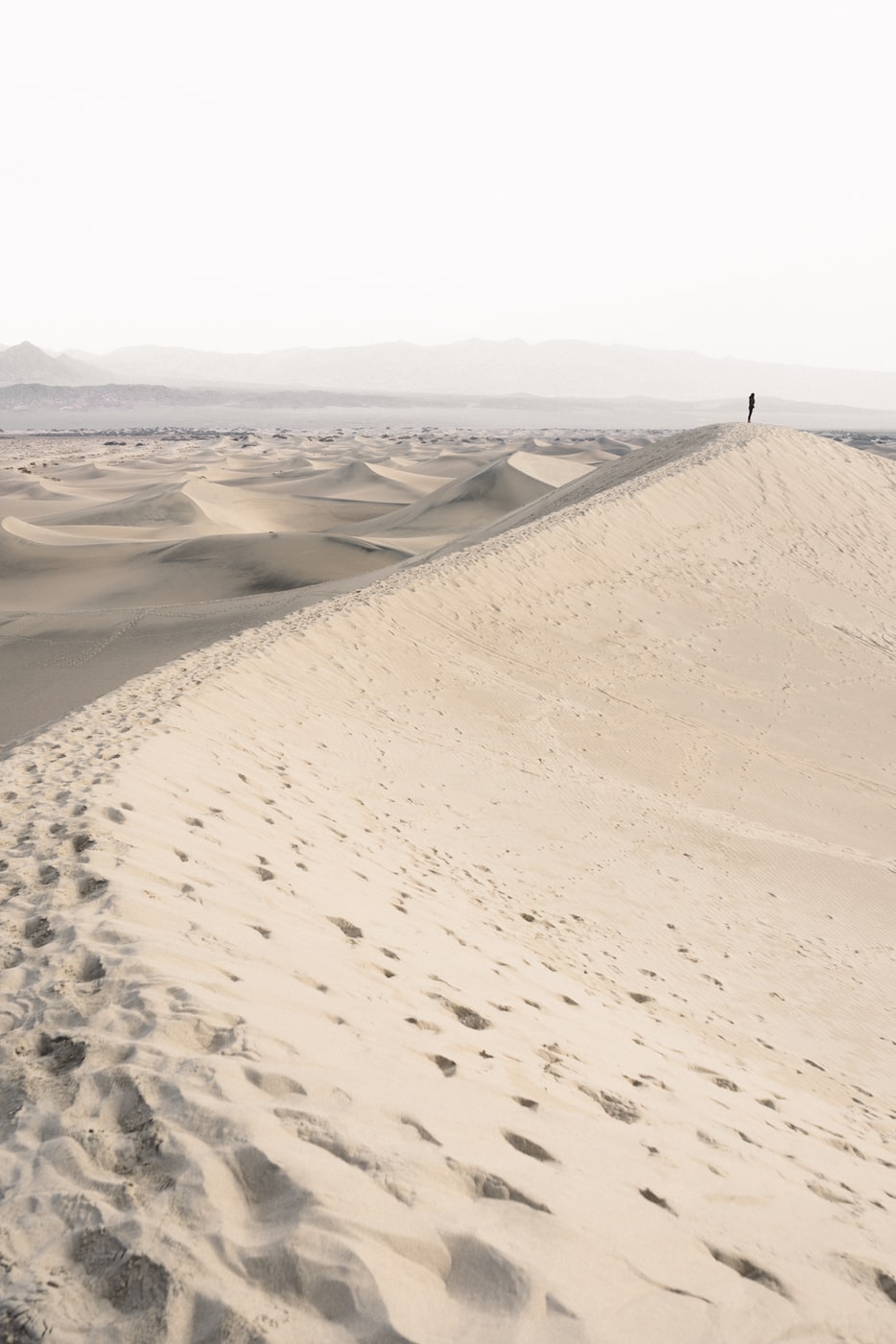Stop Eating the Bear! Death is Part of Life, to be Honored and, YES, Celebrated
Although coronavirus mostly kills medically vulnerable people, on the whole, it is lethal to frail elderly people ages 70 and up. One of the main characteristics of our time is the view of death, in any form, as a failure to be avoided at ALL costs (literally!). One quarter of Medicare spending in the U.S. occurs in the last year of peoples’ lives. Sadly, most old people die in hospitals, where the medical “industry” ferociously fights to prolong life by all available means, WITHOUT, necessarily, improving the quality of that life, while profiting greatly.
Millions of elderly people live in ‘care’ homes, often with very little or no connection to their families, to community, meaningful life or joyful activities. The financial costs of keeping old people alive WITHOUT regard to their “vitality”, wellness or happiness is a strange phenomenon of our time.
Indigenous cultures, which, beautifully, revere their elders for their wisdom, experience and guidance, have rituals to let the old die naturally and with dignity, when it is their time to go. This is essential to the survival of the tribe and for the dignity and respect of the elderly. Illustrating this, according to a myth from the North, when the time came, the tribe, which believed that another world, the afterlife, awaited their dead, would gather around an honored elder to celebrate his/her place in the never ending circle of life and death and then the old walked off onto the ice so that the polar bears would eat them, and the young could then hunt the bear and so sustain the life of the village. In our culture, in sharp contrast, we have the old, frail, near-death, often in-pain, immobilized and non-communicative people ‘eat the bear’ by having them consume time, resources, and money, leaving the tribe and/or family hungry or poor after their death.
It is important for us to continue to respect, love and honor old, wise people and benefit from their experience, wisdom, guidance and leadership but return to letting the highly frail, suffering and severely ill elderly die in peace and dignity in their community, hopefully in the arms of their loved ones.
Time to mature into an acceptance of death as part of life, as a transition to be honored and, yes, celebrated.

— Ofer Zur, Ph.D.
[wpreactions]